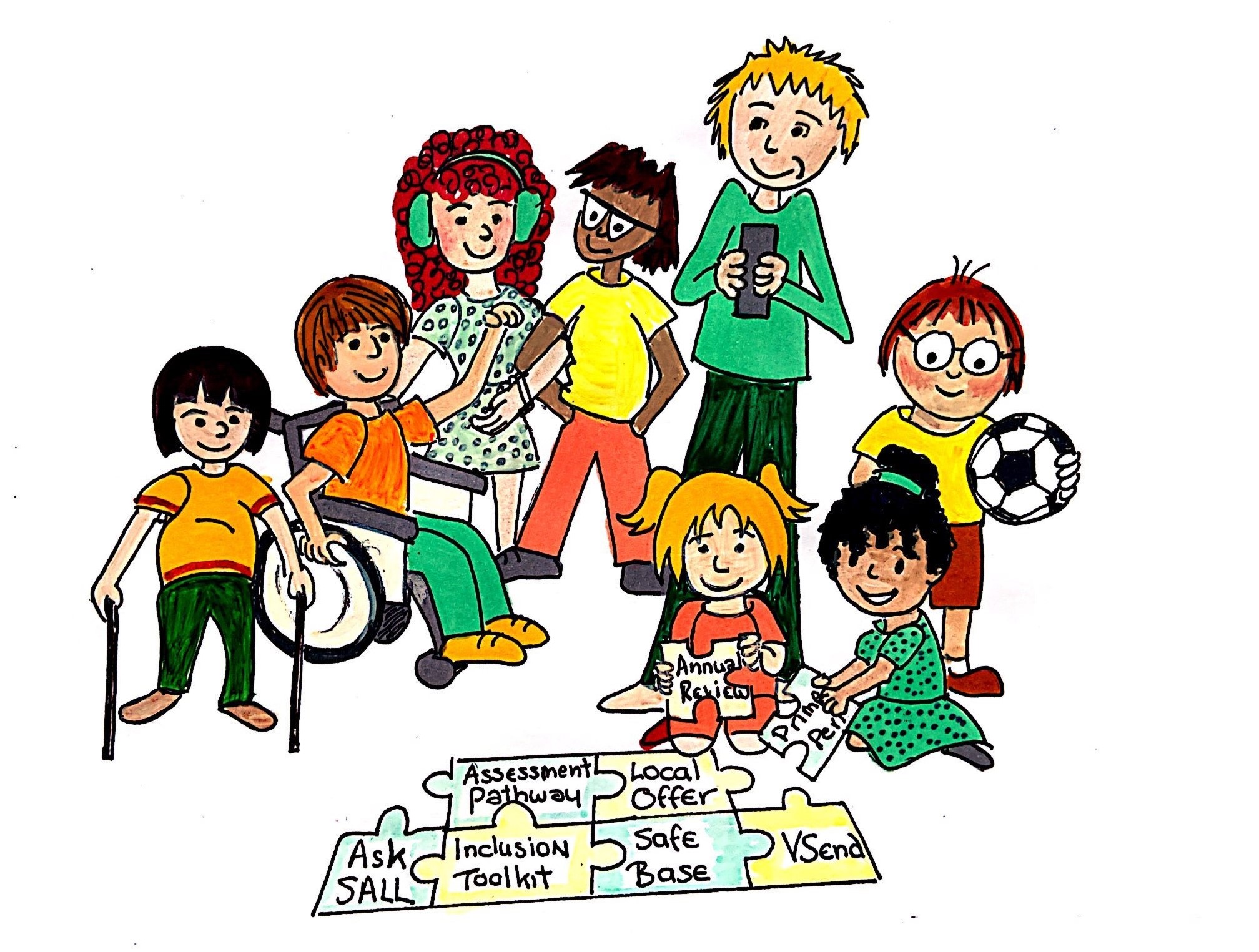Level 5-6 strategies to support specialist interventions
High quality teaching and targeted strategies, approaches and adaptations for pupils should be implemented and supplemented
0-5
- teaching and learning approaches place a high emphasis on independent learning, very finely graded and practical tasks which provide opportunities for frequent repetition and reinforcement
- additional adults support the child individually, under the direction of the teacher or manager to:
- work on modified curriculum tasks
- access regular individual support
- encourage independence
- create frequent opportunities for peer to peer interaction
- monitor the progress of the child using structured methods
- a monitoring system should be in place to assess child need, identify outcomes, implement support and monitor and evaluate progress, for example a one page profile
- planned reviews with the parent and child should take place
5-16
- needs differentiation of opportunity and extra time to access the curriculum
- needs one-to-one adult support 100% of the time
- needs help to record work. May need help eating and drinking
- may need adaptations for PE curriculum and all practical subjects
- may need support with transport arrangements
Staff should consider and implement as appropriate:
- likely to require modification or differentiation to tasks to enable access to aspects of the curriculum
- whole class teaching but with regular and focused individual support which aim to develop the pupil’s skills and independence
- equipment to support pupil. For example, pencil grips, easi-grip scissors, laptop or tablet, sloped work surface, cushion for seat, foot box, adapted class chair.
- a programme of support planned by physiotherapist or occupational therapist, may include access to activities or equipment which have been advised by pupil’s therapist for:
- fine motor development
- gross motor development
- life skills


